If you don’t laugh, you’re gonna cry – it’s the advice that gets me through many a long parenting day with two littles at home, let me tell you. They’re demanding, they’re emotionally draining, they’re the source of your worry and anxiety, and for me, alone time is at a serious minimum.
Being able to log onto the internet and find that others are having some of the same struggles – and others sharing their own hilarious kid interactions, helps me get through it!
12. There are upsides to making your kid very comfortable at home.
No one really likes camping, do they?
One of my main goals as a parent is to provide my kid with enough amenities that she would never ask me to take her camping.
— mark (@TheCatWhisprer) June 18, 2020
11. This seems like a pretty comprehensive list.
He’s probably going to need to “rest his eyes” at some point.
Dad vacation to do list
1. Wake up at 6 AM for no reason
2. Buy a local newspaper
3. Complain about the coffee maker
4. Try to make people feel bad for sleeping in
5. Seafood
6. Call the GPS stupid
7. Organize the fishing stuff again— Simon Holland (@simoncholland) June 18, 2020
10. Eh, I’m sure this grammar rule will be the next one to go.
It’s all anarchy in the world of English.
Kid: Me and Dad made this for you.
Me: *eyes well up with tears* It’s Dad and I.
— Jessie (@mommajessiec) June 18, 2020
9. Ooh, I’m honestly not sure the clean room was worth it.
Unless he found all of your spoons.
Good news: My son cleaned his room
Bad news: He found his harmonica
— Robert Knop (@FatherWithTwins) June 9, 2020
8. THIS is ironic, Alanis.
Why are old bodies so annoying?
The day your kids stop waking up early on the weekend is the same day your body stops letting you sleep in.
— Simon Holland (@simoncholland) June 14, 2020
7. Older kids have all the jokes.
These aren’t half bad, if you ask me.
Never ask your teenager how you look today, unless you’re prepared for them to say shit like “you look Amish” or “you look like you sell essential oils and don’t vaccinate your kids”
Wow, thanks.
— Ⓖⓗⓓ (@GingerHotDish) June 11, 2020
6. The most elusive gift in the world.
This is what we all want for Mother’s Day. #facts
*adds alone time to my Amazon wishlist*
— Snarky Mommy (@SnarkyMommy78) June 18, 2020
5. No one has the answer to that, kid.
At least we have the internet.
Now what?
-kids after eating cereal every morning of quarantine summer.
— Simon Holland (@simoncholland) June 15, 2020
4. Let the cable news anchor figure it out.
It’s full of passion, I know.
So this is the sign my 4 year-old made for me to take when I go protesting. No idea what it says. But with all the exclamation points, all I know is I love it. pic.twitter.com/RmMwIdFiYp
— A Bearer Of Dad News
(@HomeWithPeanut) June 15, 2020
3. Let’s find a way to make that happen.
Because I’m running on caffeine, sugar, and half-eaten chicken nuggets.
If listening to your kid tell a story burned calories, I’d be invisible.
— Sarcastic Mommy (@sarcasticmommy4) June 13, 2020
2. That sounds about right.
But annoying your teenagers is like, the only fun thing about having teenagers.
My son was getting ready to go out with friends so I asked him what time he was leaving & who was picking him up & I was met with “OH MY GOSH WHY ARE YOU ASKING 100 QUESTIONS?”
So in teenager math, 2 questions = 100 questions. Got it.
— Sarcastic Mommy (@sarcasticmommy4) June 18, 2020
1. That’s real family love right there.
Dear Lord, please let my parents keep my kids again soon.
Sent my kid to my mother-in-law’s house today FOR THE FIRST TIME IN 3 MONTHS. She says, “Don’t worry. I won’t miss you, mama!”
No worries, sweetie, I won’t miss you either.
— Mommy Owl (@Lhlodder) June 16, 2020
I’m laughing, even knowing that tomorrow it could be me posting something like this.
What’s the funniest thing your kid has said or done lately. I want to hear about it!
The post These Parenting Tweets Prove That Laughter Is the Best Medicine appeared first on UberFacts.
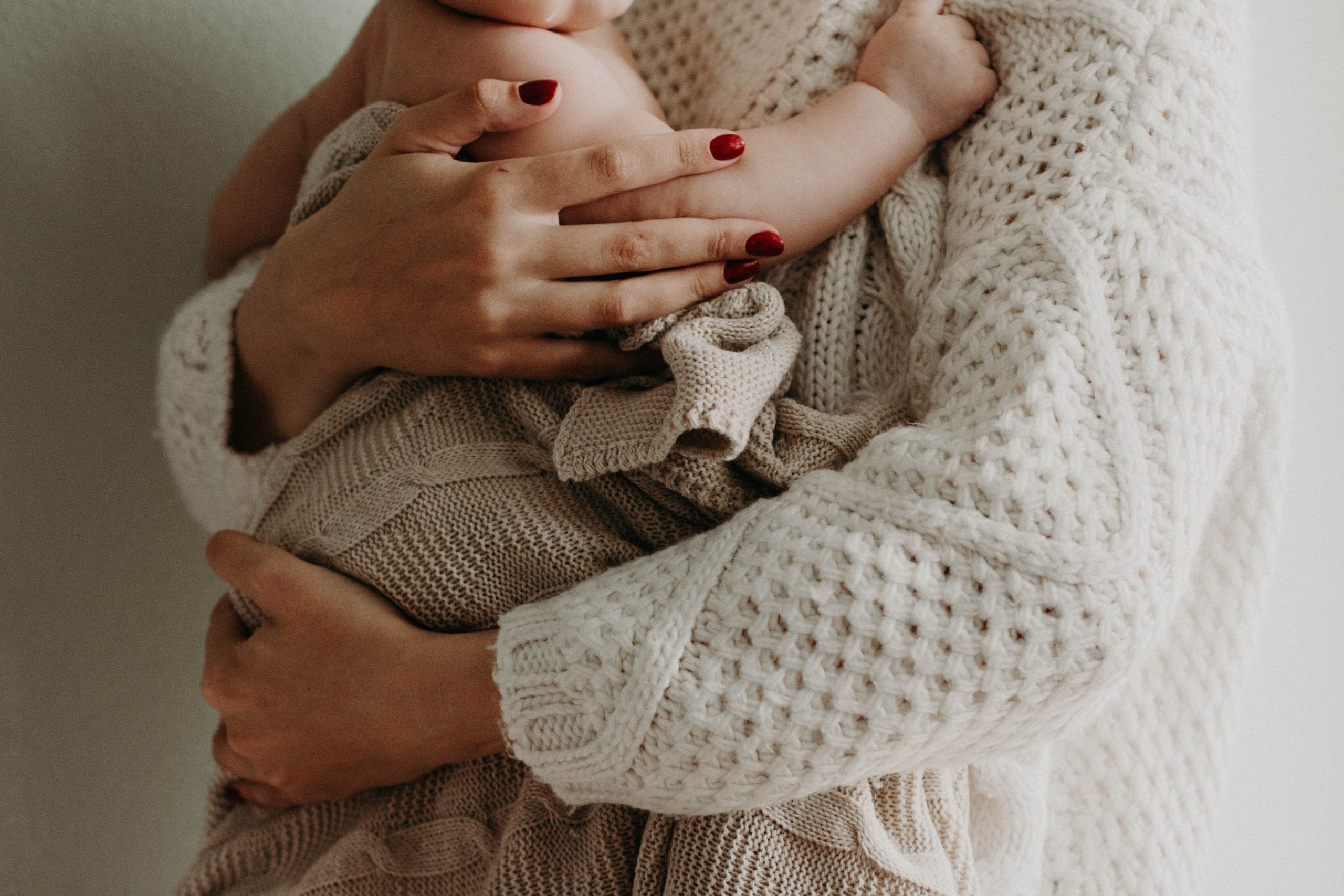
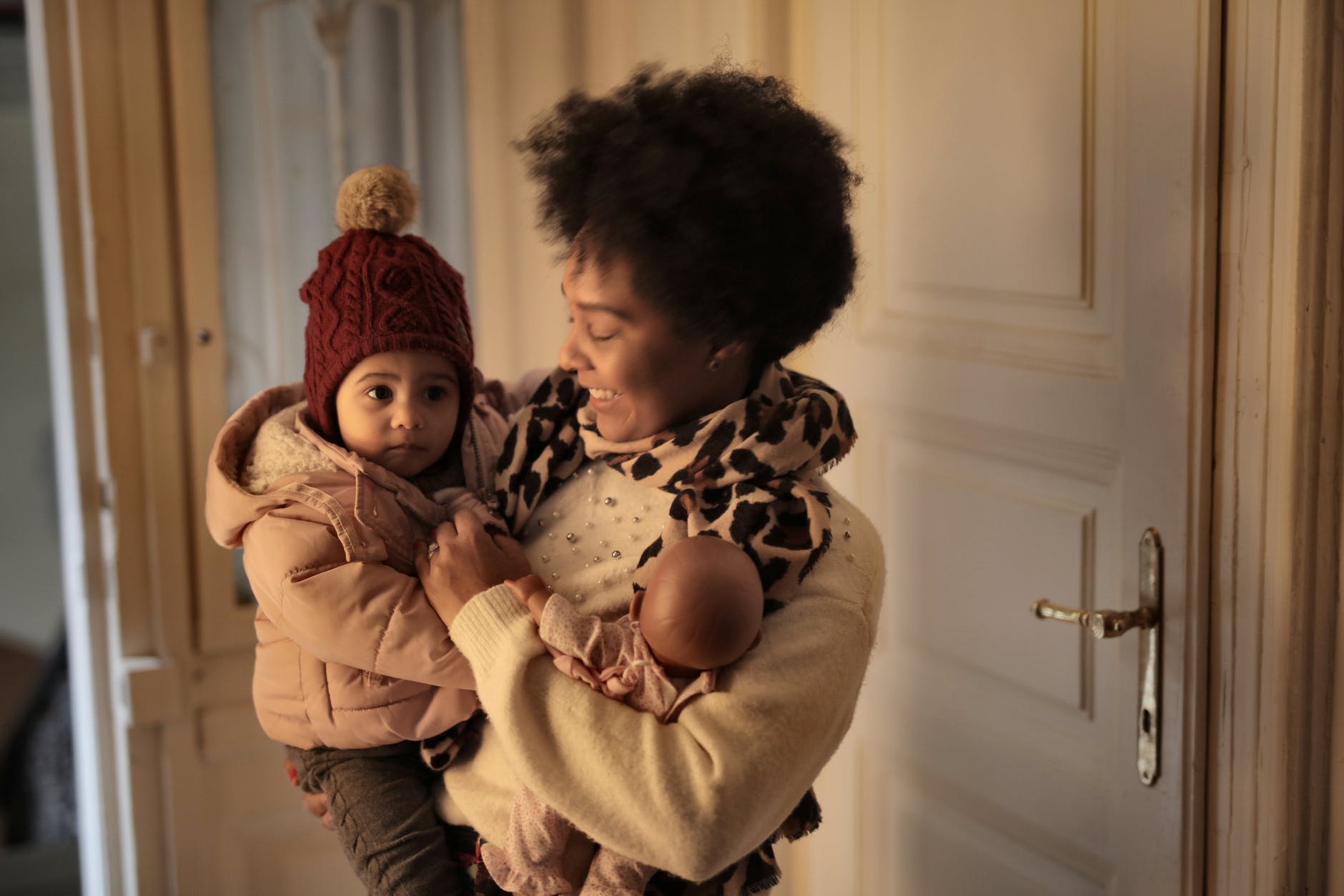
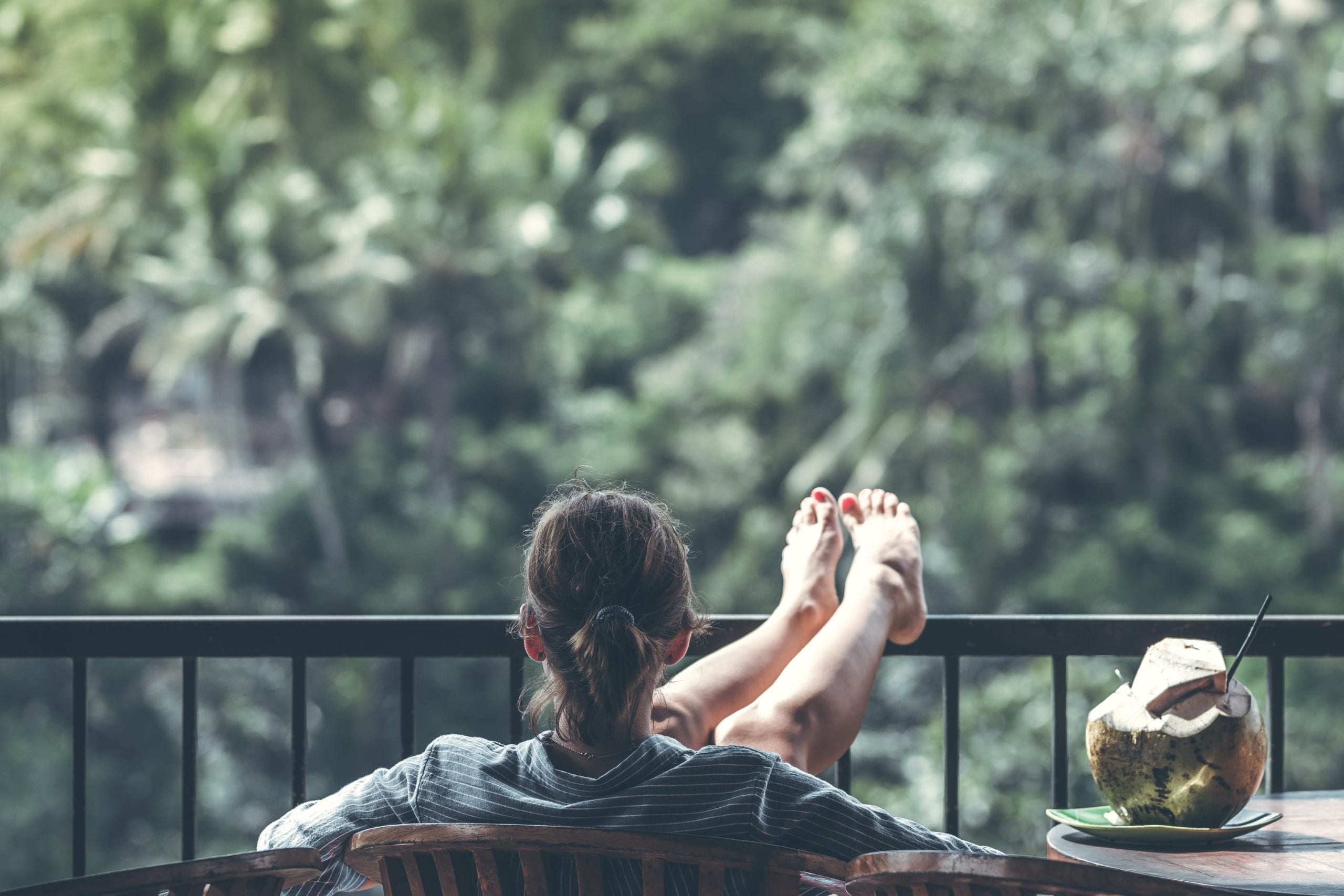
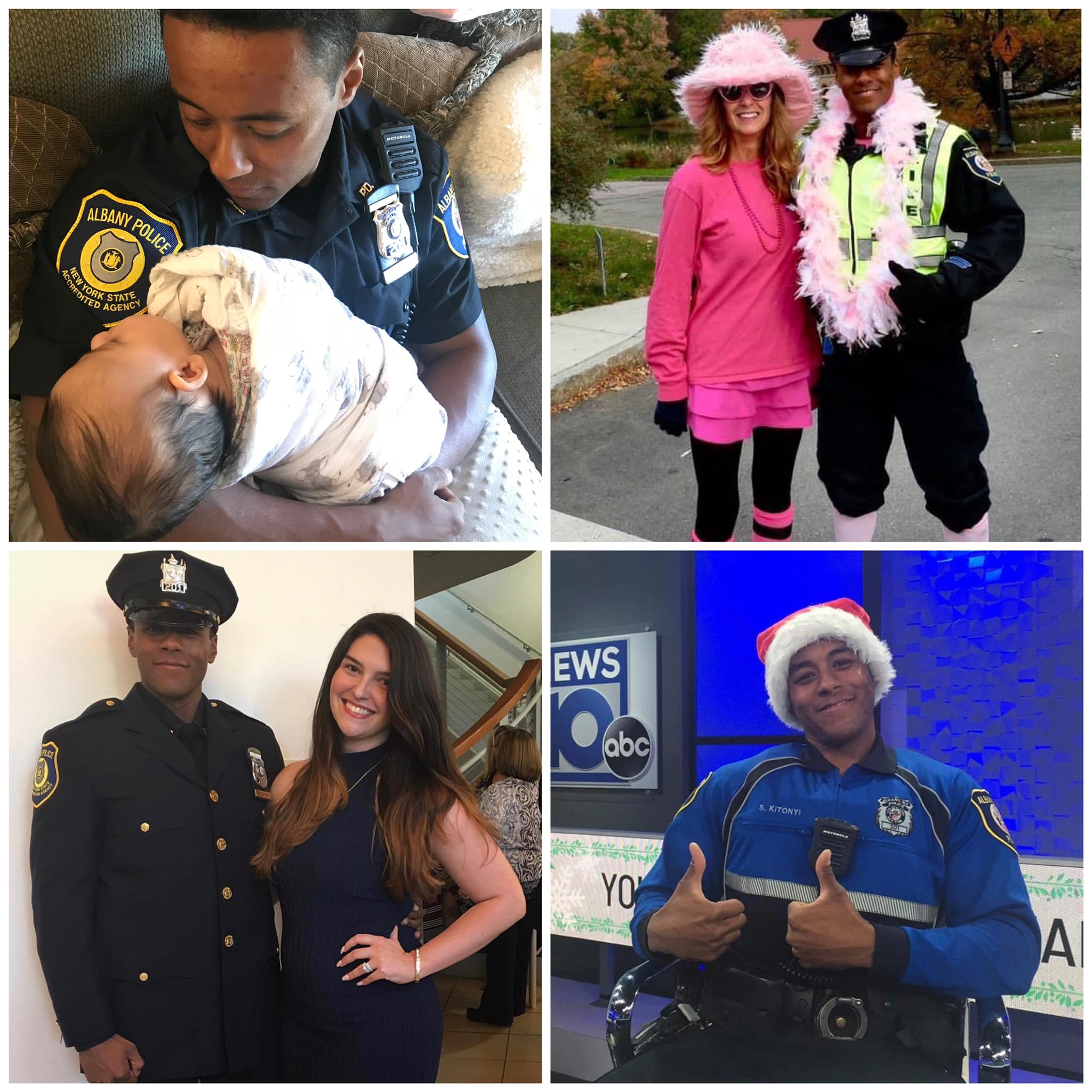
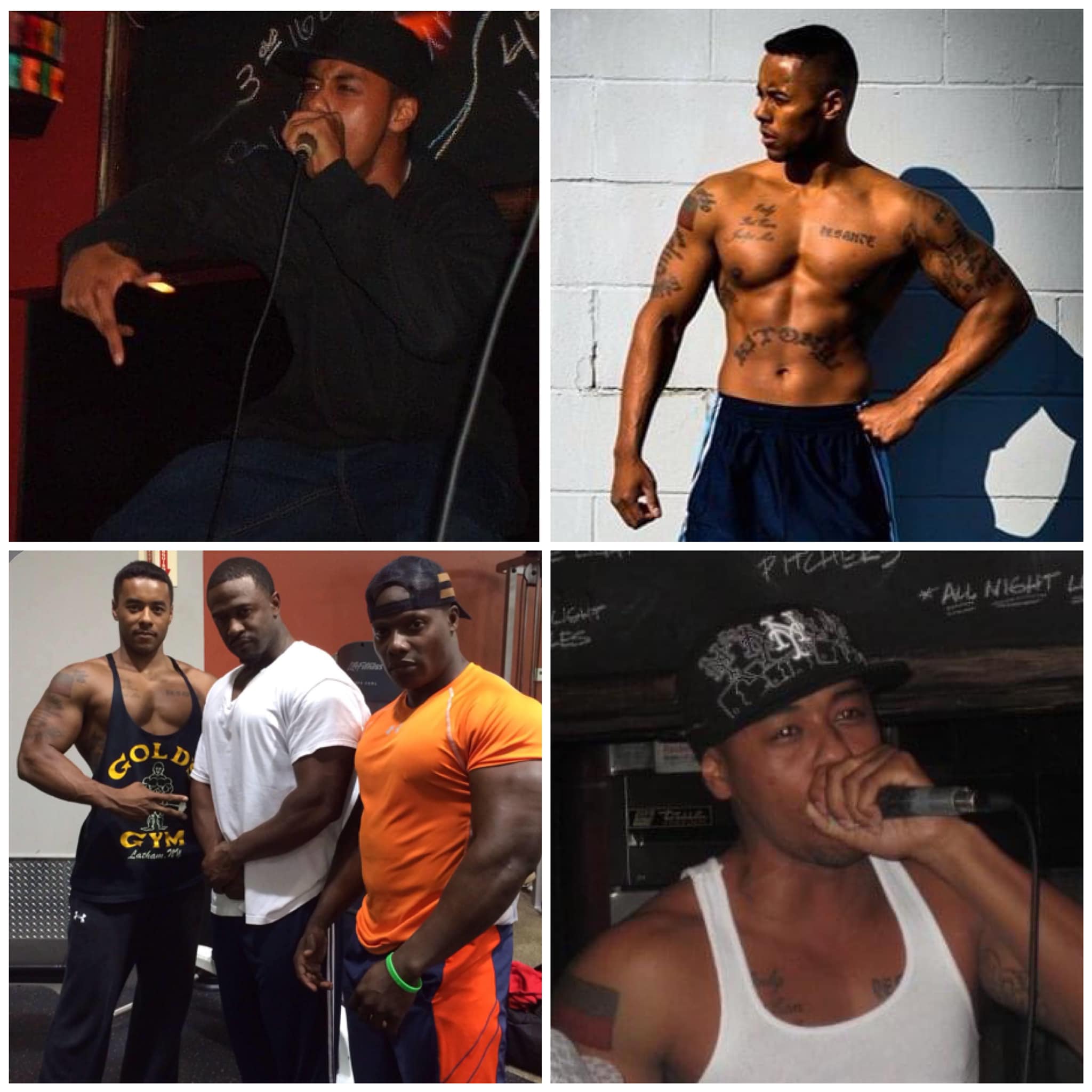
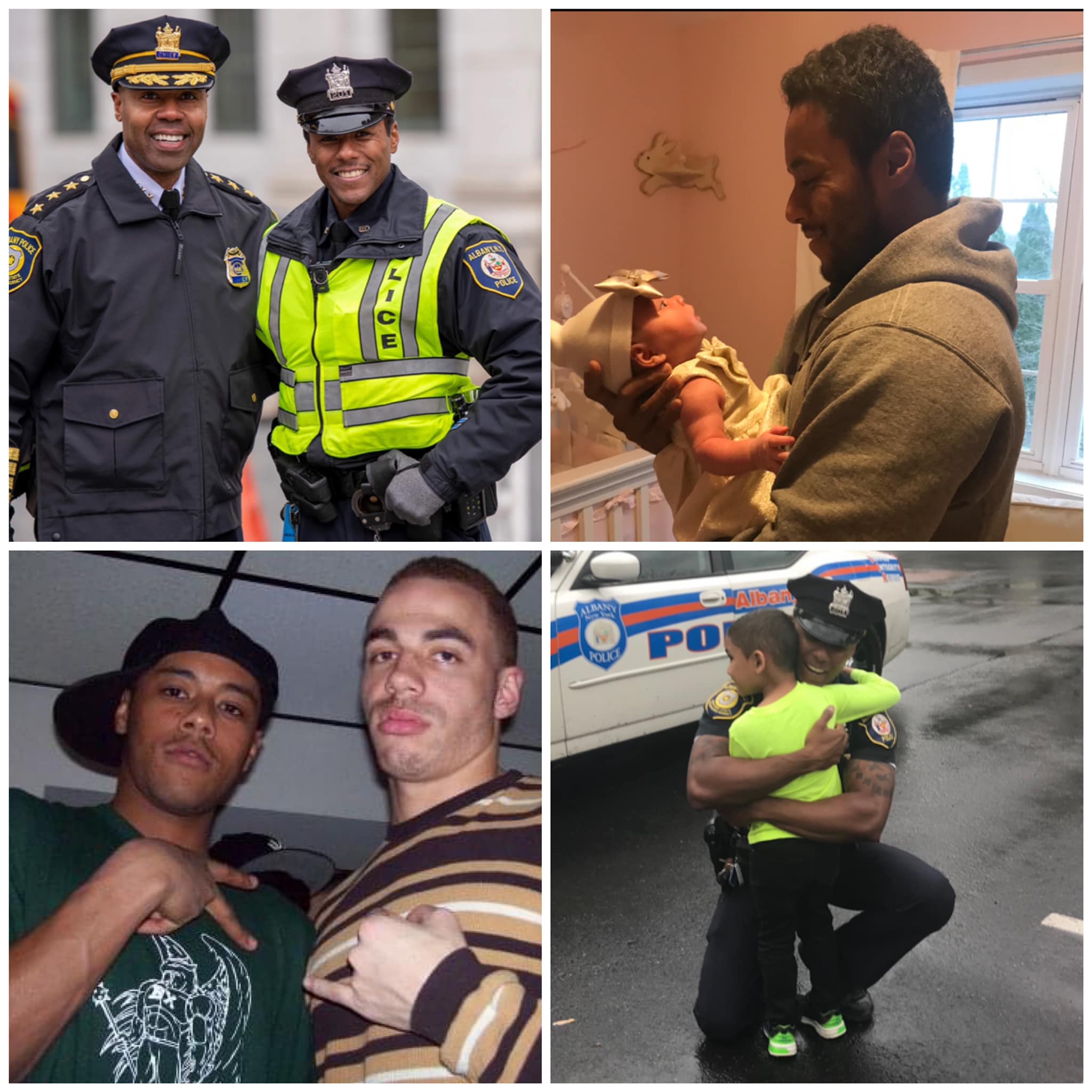
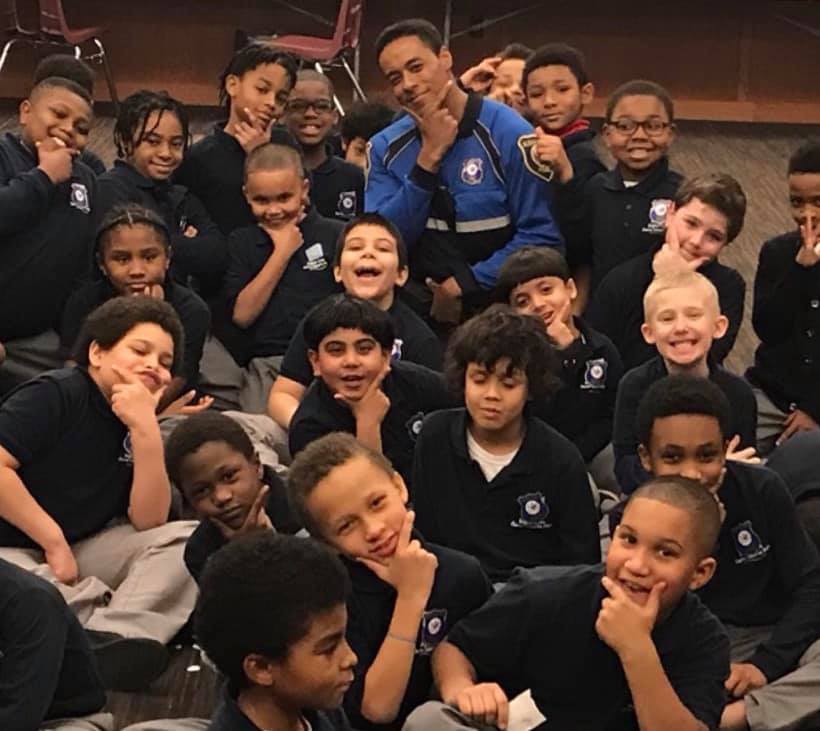
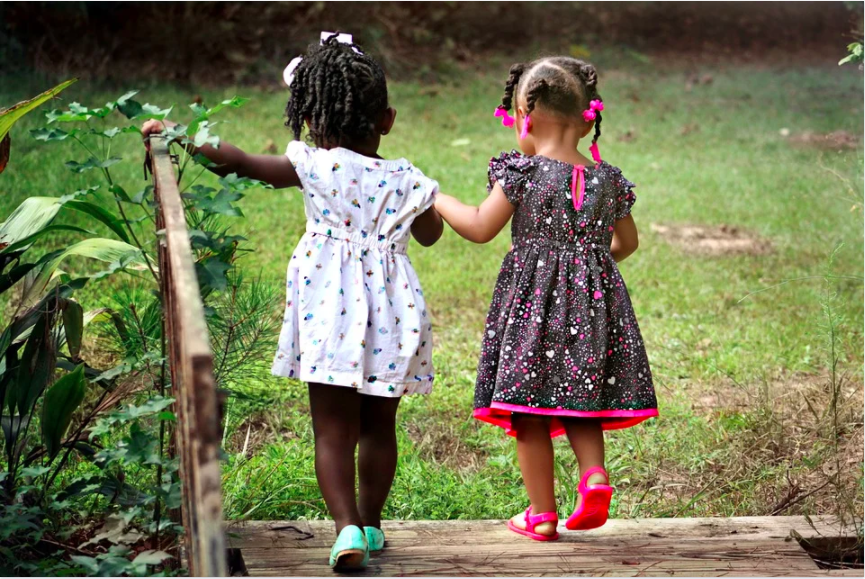
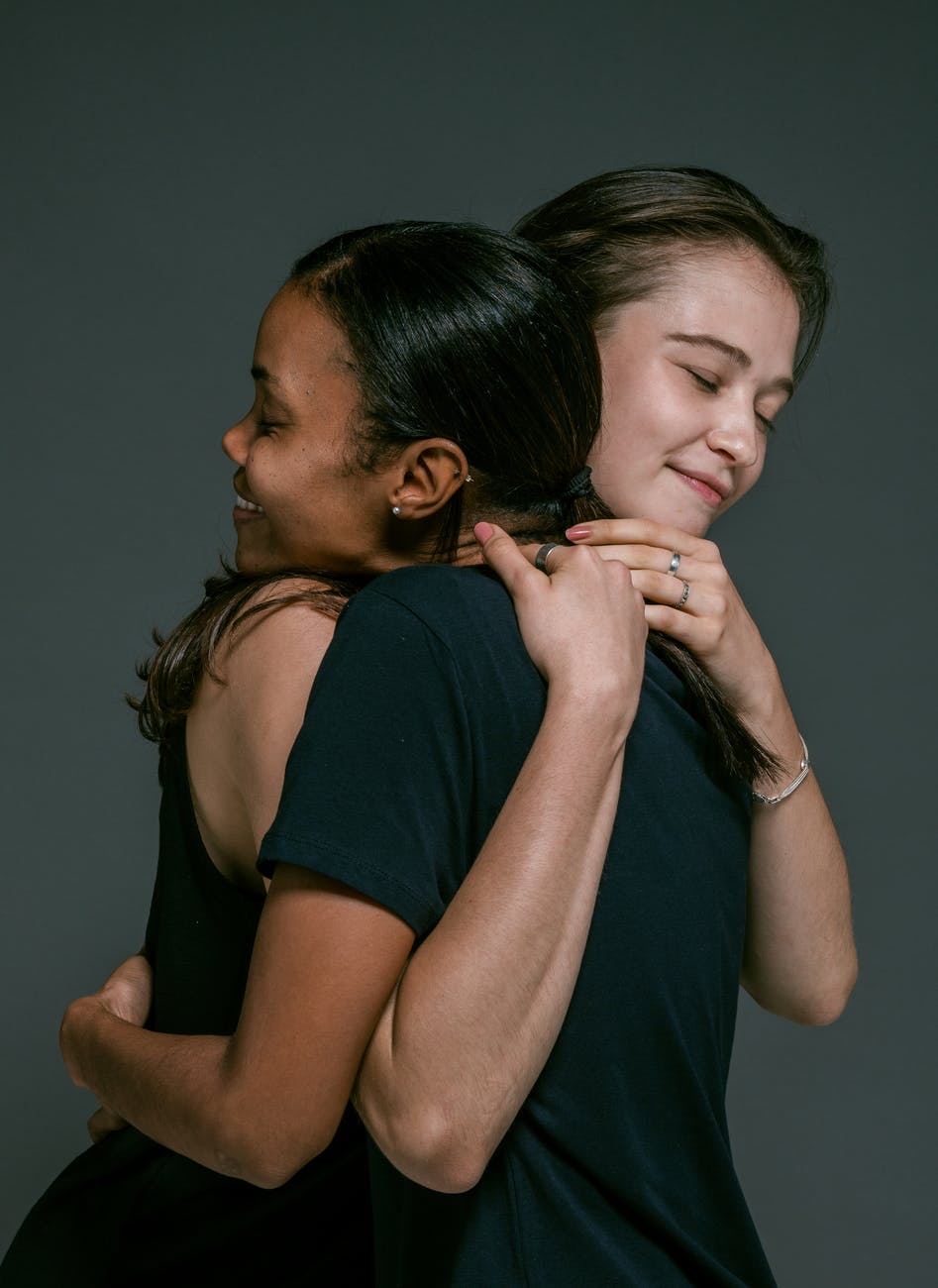

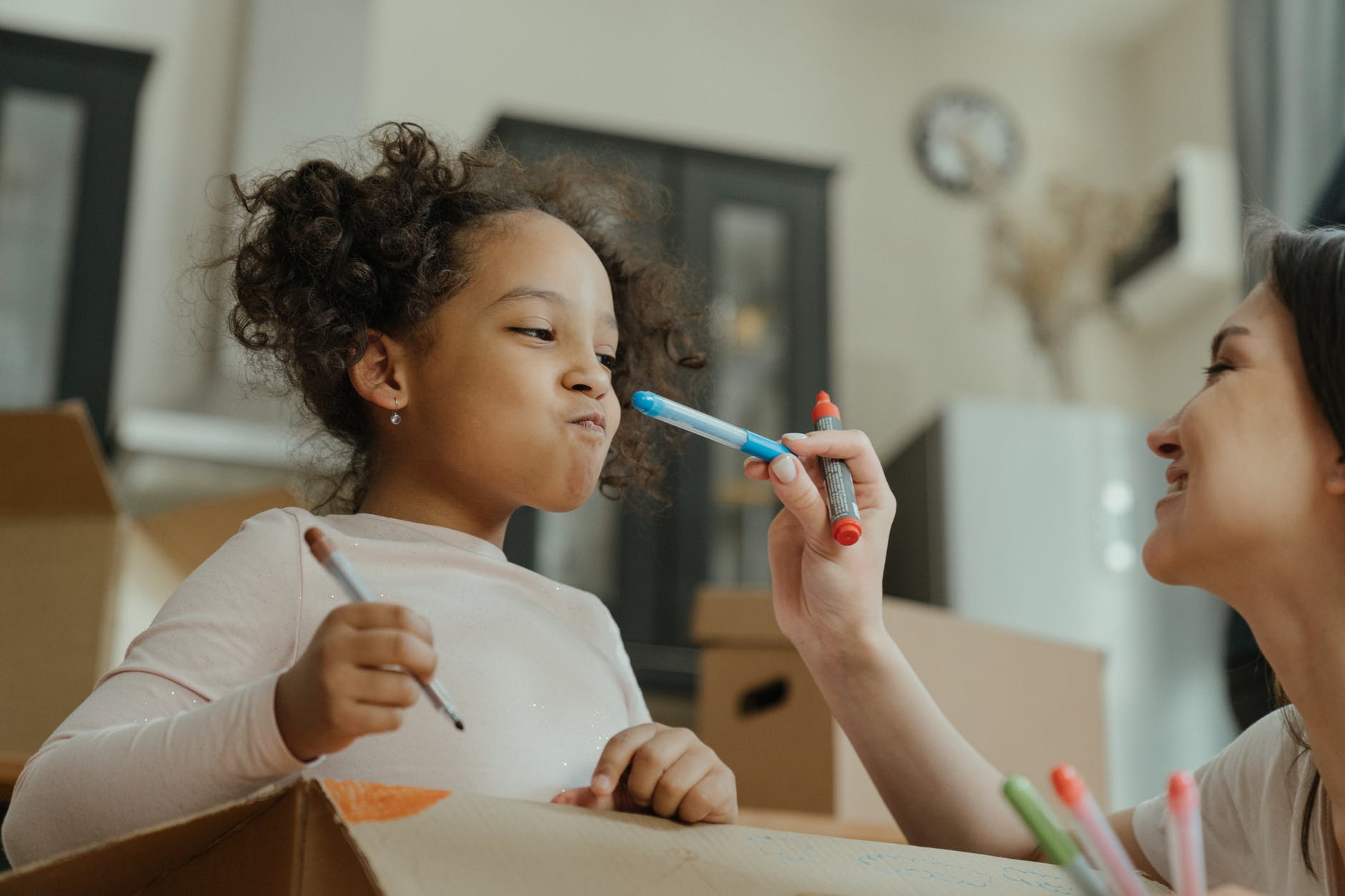
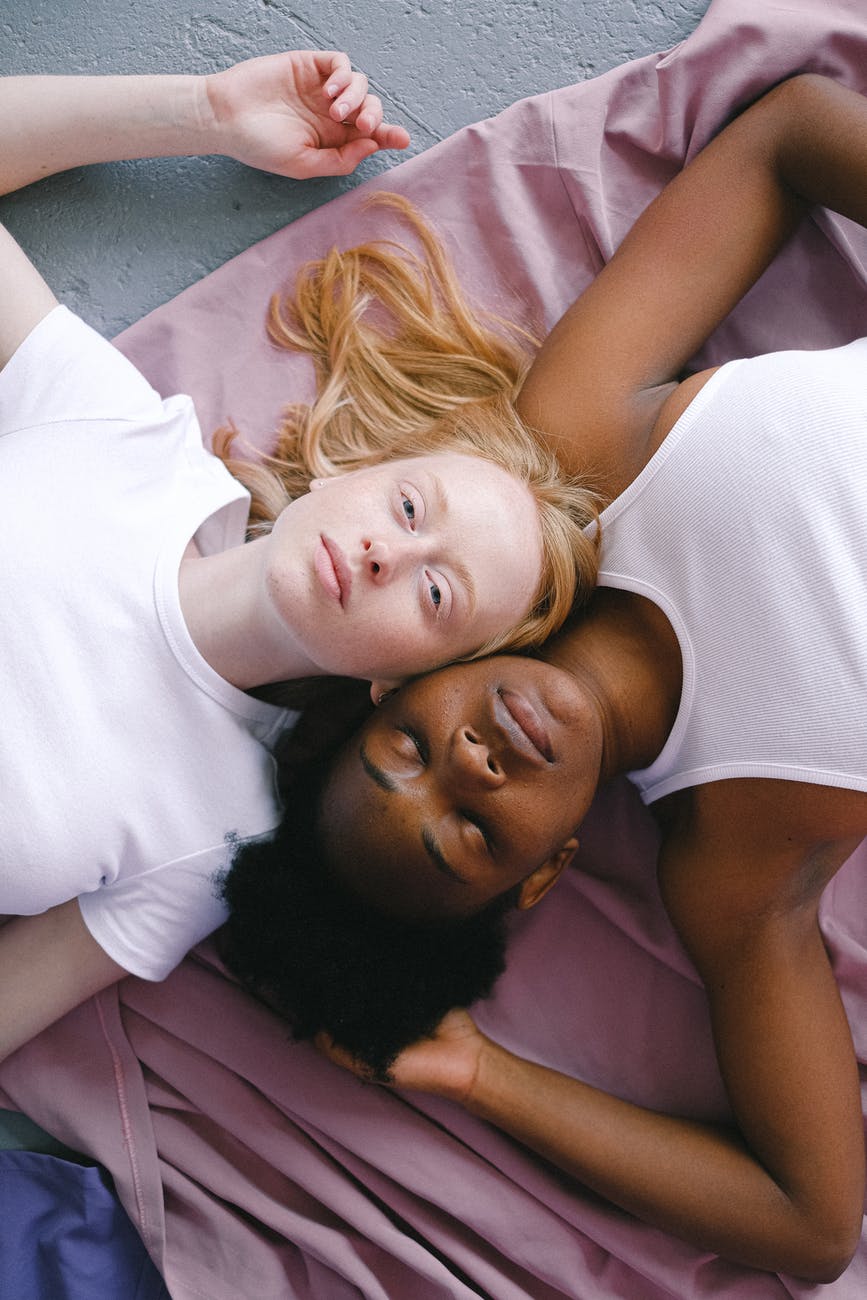
 (@MissColdHeart9)
(@MissColdHeart9) 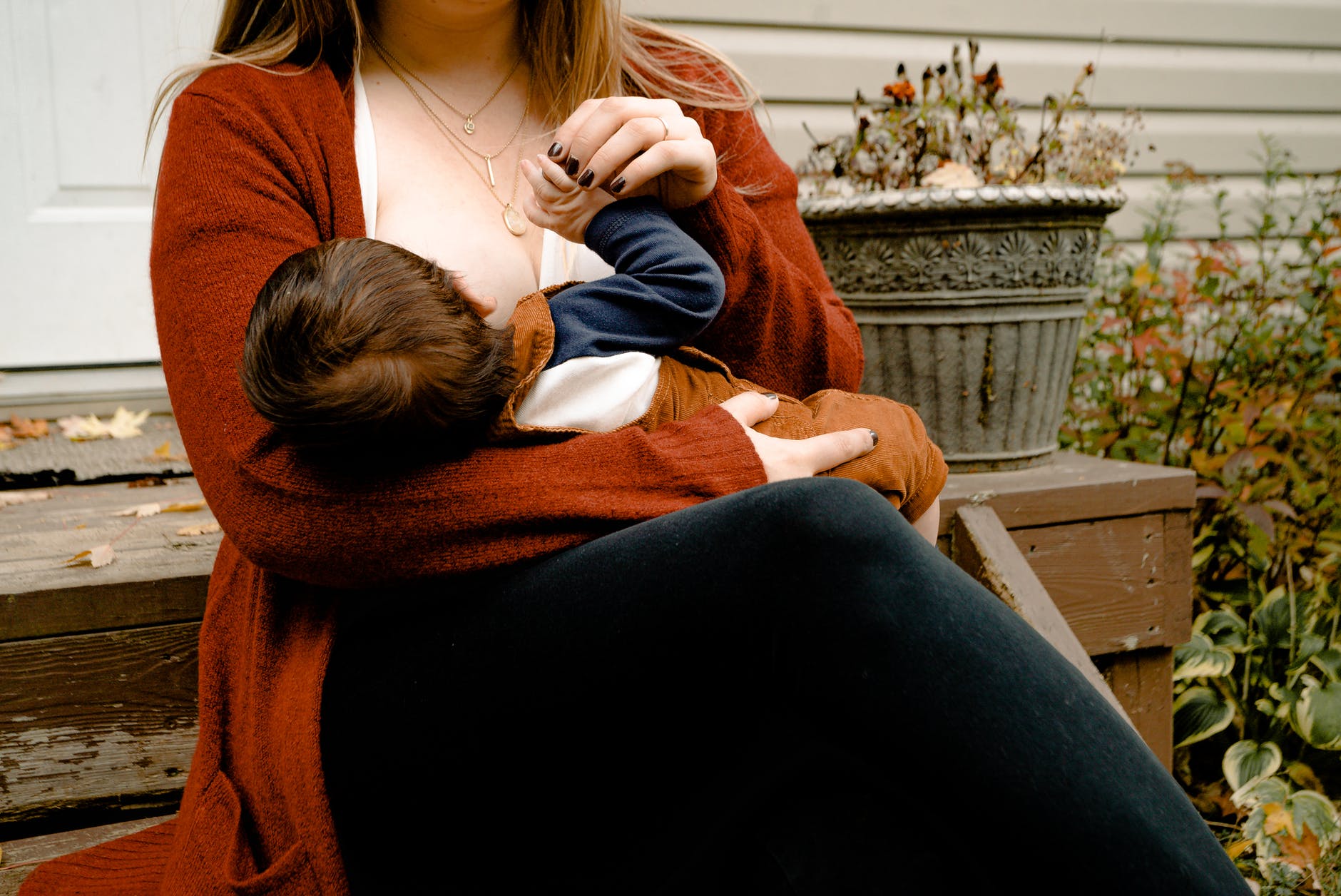

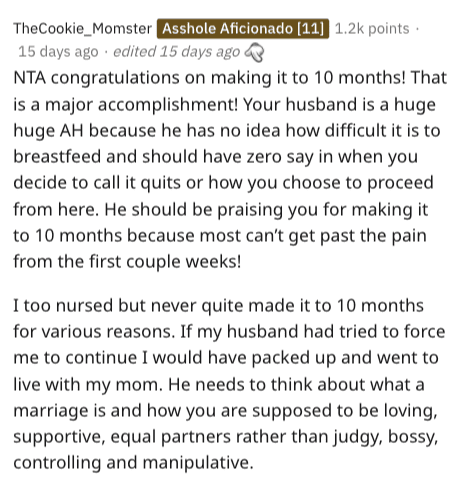
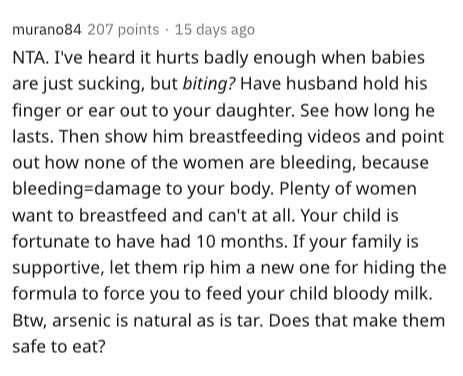

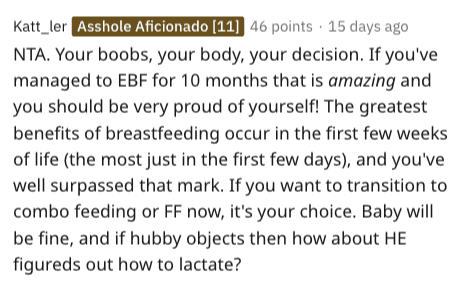




 ⠀ Power Purse and Power Pumps reporting for duty
⠀ Power Purse and Power Pumps reporting for duty